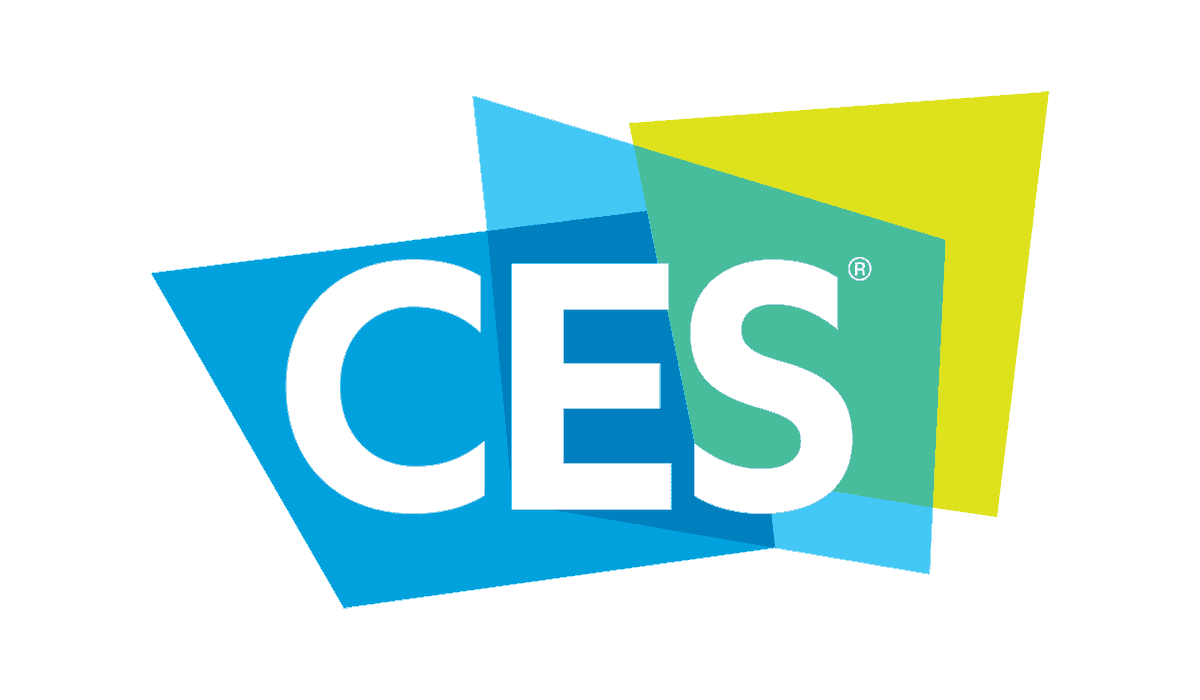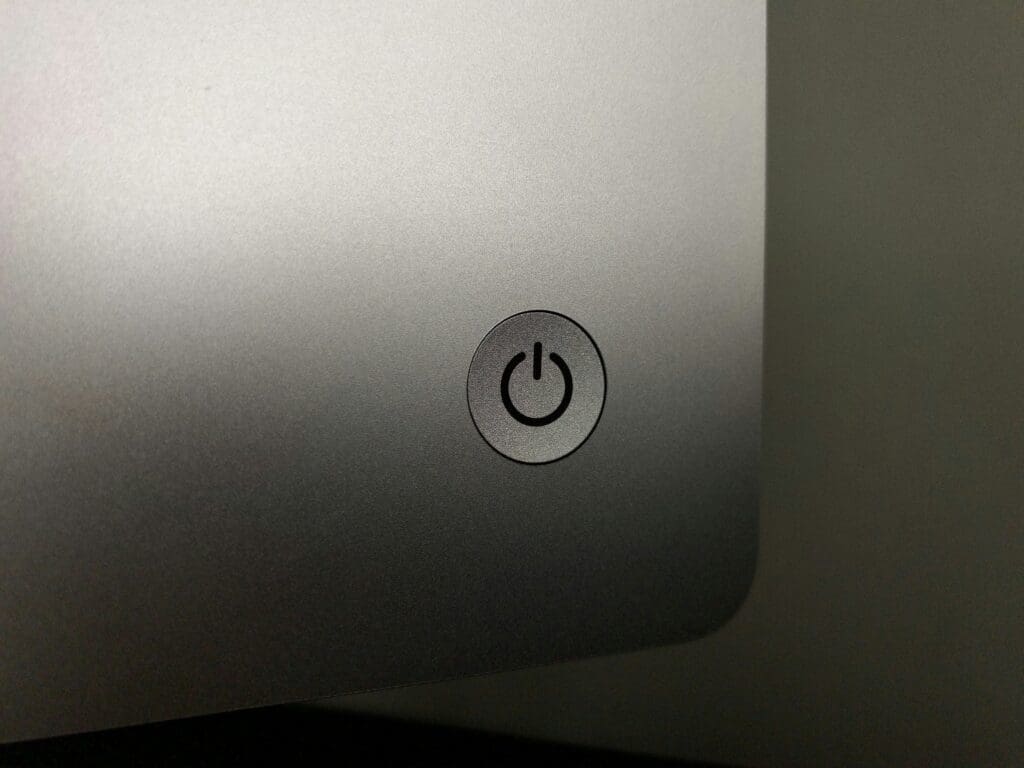Our Top Marketing Takeaways From CES 2019

Every year, CES wows reporters and consumers with promises to “disrupt” this industry and become “the Netflix of” that other one. Not every new idea sticks, of course — Faraday Future was the talk of CES just three years ago, and now it’s all but shuttered. But as marketers, we can’t afford to ignore the dreamers in the tech space — you never know when they might be on to something. So here are the biggest things we noticed from CES 2019.
Video Marketing Isn’t Slowing Down — Or Getting Easier
CES saw no fewer than six new VR headsets join the handful that already exist, huge modular screens from Samsung, and 8K HDR TVs from a number of manufacturers. Laptops are getting better graphics and displays, new tablets and phones are emerging, and video content will be seen on more devices than ever.
Content will always trump context — the greatest TV in the world can’t make a bad video look good — but the venues where we showcase our video content are fragmenting. Gone are the days of rendering videos in 16:9 1080p format and clocking out early — every campaign, big or small, is going to have to carefully consider where their consumers are likely to see their videos and adjust accordingly.
5G Is Around The Corner
5G stands for “fifth generation,” and it’s the next standard of wireless connectivity. But it’s not just faster mobile data. Recent years have seen an explosion in the so-called “Internet of Things” (IoT), and 5G will fuel that revolution going forward.
Higher-bandwidth, lower-latency networks will open up the door for marketing opportunities that didn’t exist before — no more losing cell service or being unable to interact with social media just because you’re in a football stadium with 70,000 other Instagramming fans. More people will be able to connect than before, and they’ll be able to download more data than ever.
But the other side of the 5G coin is low-power, short-range connectivity. Five years ago, the total number of internet-connected devices was roughly 14 billion worldwide — less than a quarter of them were IoT devices like bulbs, switches, plugs, voice assistants, and other smart devices. Now, there are nearly 20 billion connected devices, and nearly half of them are IoT — in a few years, the total number of devices could exceed 50 billion.
Those devices will generate almost 4.5 zettabytes of data (a zettabyte is a trillion terabytes), more than 40 times more than in 2013. 5G will help all those devices stay connected to the web and to each other, creating huge opportunities for how we communicate with the world.
Gaming Is Driving Innovation
For a long time, Apple has spoken to artists as the true innovators driving their latest and greatest projects — digital painters, video editors, and the like. But who’s getting the best toys at CES over the last few years? The gamers.
The average consumer might not care what NVIDIA, Razer, Alienware, HP, and AMD are up to at their keynotes, nor do they know the difference between a GTX 1080 Ti and an RTX 2060, but the effects of the PC gaming arms race will trickle down to everyone.
No one’s talking about TVs without talking about their gaming capabilities. No one sells phones without mentioning how fast they are. And the wild success of Fortnite on every platform is opening up conversations about how to knock down the walled gardens that have long surrounded companies like Microsoft and Sony.
The Voice Assistant War Is Heating Up
Amazon’s Alexa has a skill for just about everything now, and you’d be hard-pressed to find a new technology that doesn’t know how to talk to Alexa. Amazon claims that over 100 million Alexa devices have now been sold, with Google trailing well behind in terms of both the number of compatible devices and the number of Google Homes sold.
But Google is making a strong push to catch up — in the first quarter of 2018, Google out-paced Amazon in the smart speaker category for the first time. Voice assistants have drastically changed the SEO game — customers make more and more searches that end in one result, spoken back to them in a calm, computerized voice, with no page of search results for marketers to try to climb.
And with voice assistants becoming more and more ubiquitous — most mobile phones have them now, along with some laptops, tablets, and even cars — the number of searches that take place in front of a keyboard will only continue to dwindle.
What CES Didn’t Talk About — Data Privacy
You may have noticed a trend in tech in recent years: companies are collecting more data than ever. That’s not necessarily a nefarious thing: Google remembers your preferences to show you more relevant sites, Amazon shows you products you might like, and Facebook shows you pages you might be interested in.
That level of data collection is only going up — every app, search, and smart device is remembering how you use it, and soon they’ll all be able to talk to each other about your habits in order to improve your experience.





